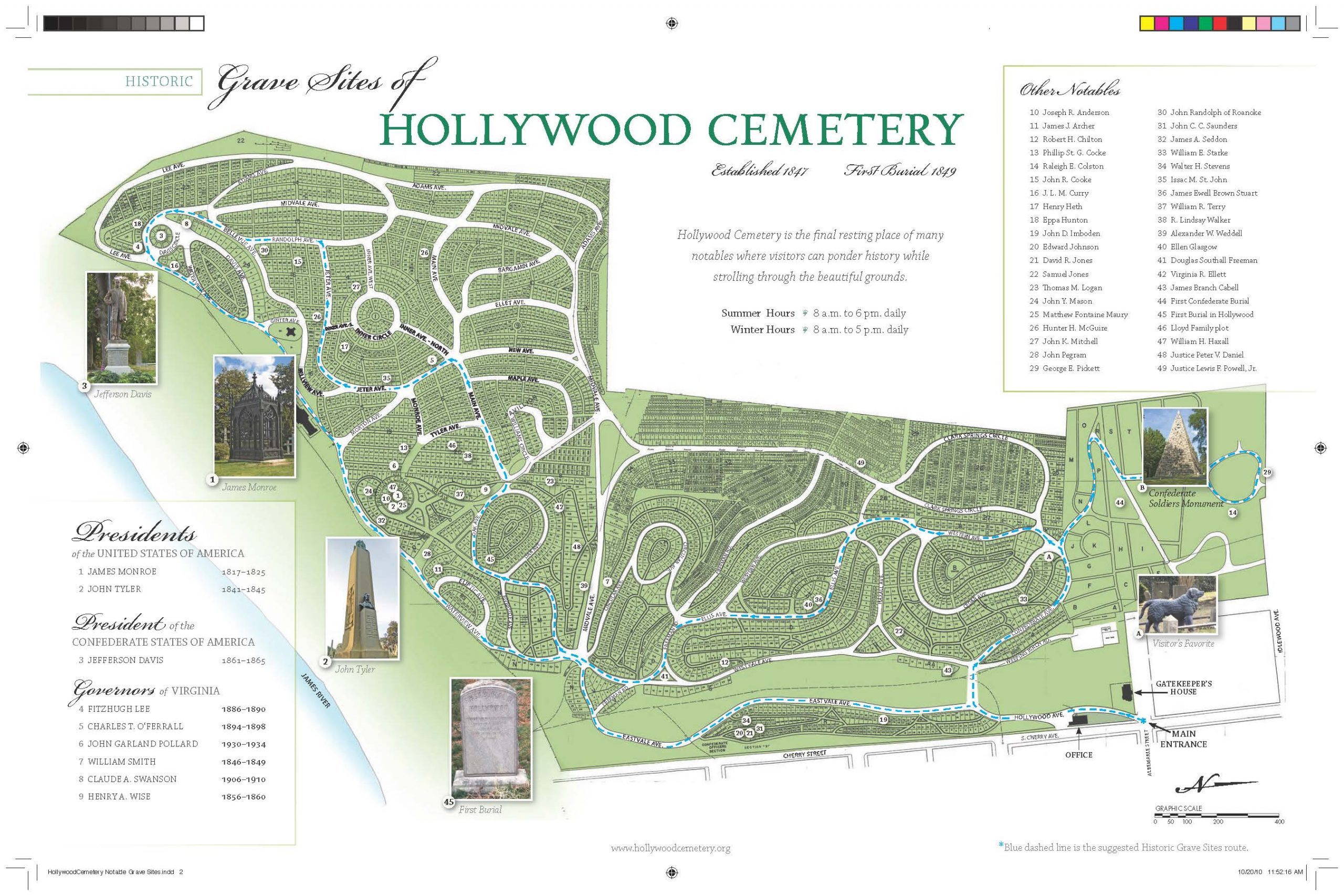Varina Davis
Birth Name:
Varina Anne Banks Howell
Birth Date:
May 7, 1826
Birth Place:
Natchez, Mississippi
Death Date:
October 16, 1906
Place of Death:
New York City, New York
Age:
80
Cause of Death:
Pneumonia
Cemetery Name:
Hollywood Cemetery
Claim to Fame:
Historical Figure
Varina Davis was the only First Lady of the Confederate States of America, and the longtime second wife of President Jefferson Davis. Born and raised in the South and educated in Philadelphia, she had family on both sides of the conflict and unconventional views for a woman in her public role. She did not support the Confederacy's position on slavery, and was ambivalent about the war. Davis became a writer after the American Civil War, completing her husband's memoir. She was recruited by Kate (Davis) Pulitzer, a purportedly distant cousin of Varina’s husband and wife of publisher Joseph Pulitzer, to write articles and eventually a regular column for the New York World.
Cemetery Information:
Final Resting Place:
Hollywood Cemetery
412 South Cherry Street
Richmond, Virginia, 23220
United States
North America
Map:

Map of Hollywood Cemetery in Richmond, Virginia
Grave Location:
Section Lawn, Plot AGrave Location Description
As you enter the cemetery turn left and follow the blue line on Eastvale Avenue. Stay to the left as it turns into Westvale Avenue and continue along, past Morton Avenue until you come to the large turnaround that contains the final resting places of Jefferson and Varina Davis.
Grave Location GPS
37.5321426662, -77.4599734605Visiting The Grave:
Photos:
[+]
[+]
[+]
[+]
[+]
[+]
[+]
[+]
[+]
[+]
[+]
[+]
[+]
[+]
[+]
[+]
[+]
[+]
[+]
[+]
[+]
[+]
[+]
[+]
Read More About Varina Davis:
- Wikipedia Entry
- Who was Varina Howell Davis?
- Was the First Lady of the Confederacy Black?
- Varina Davis - Biographies - The Civil War in America
- Varina Howell Davis - Essential Civil War Curriculum
- First Lady Of The Confederate States Of America
- The Forgotten First Lady: Varina Howell
- ‘Varina’ asks if the First Lady of the Confederacy can be woke
- Mystery housekeeper of the Confederate White House
Videos Featuring Varina Davis:
See More:
Back to Top








